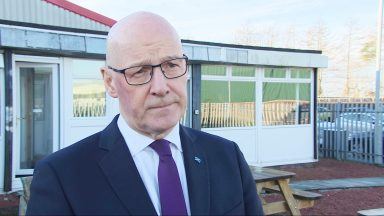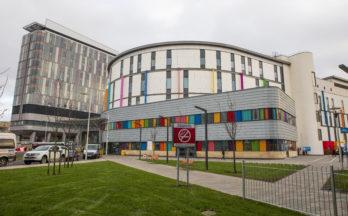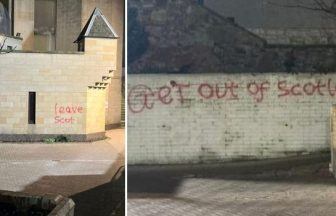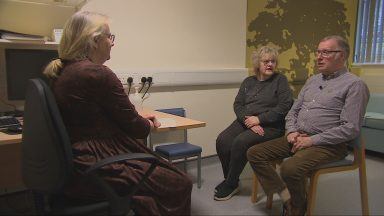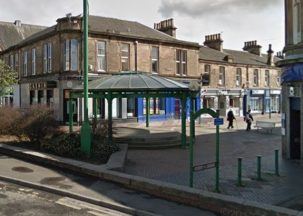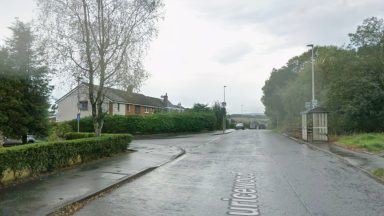Falkirk Council will not proceed with controversial plans to cut learning hours for pupils or move to a shorter school day on Fridays.
Councillors across the chamber rejected plans to save the council £6m by cutting the number of hours that primary and secondary pupils will be in school.
Falkirk Council’s Labour group and Independent councillor Laura Murtagh joined forces to propose taking the proposals “off the table” to remove uncertainty for parents and pupils.
Labour councillor Siobhan Paterson said they were acutely aware of the council’s financial position as they made their stand.
She said: “For as long as the Scottish Government starves local councils of funding, we are being asked to oversee the managed decline of all of our essential services.
“If we don’t take a stand now, there’s just no end in sight. We want this proposal off the table now and moving forward.”
Their amendment confirmed that “there will be no further proposal for the academic year 2025/26 in which an asymmetric week and/or any reduction in core learning hours will be brought forward for consideration”.
Falkirk Council’s director of education, Jon Reid, had told members in a report that rejecting the changes could mean massive cuts to services for pupils with additional support needs.
However, the Labour/Independent amendment also firmly rejected the suggestion that any reduction in Additional Support Needs support would be an acceptable alternative.
At the start of the meeting, members heard from campaigner Liane Tait, a mother of two whose petition to stop the cuts was signed by more than 5,000 people.
A working GP told members that she was glad to hear the cut to school hours was not being supported but urged them to take it “off the table for good”.
“Cutting hours from an education budget should never be considered,” she said.
“This is not our future; it’s our children’s future, and we shouldn’t be putting anything in that’s going to stand in their way.”
Declan McGavin, a member of the Scottish Youth Parliament, also spoke, telling members he had spoken to “hundreds of young people” who thought that reducing school hours “would be devastating for education in Falkirk”.
The SNP council leader, Cllr Cecil Meiklejohn, made it clear that her group recognised there was no support for reducing learning hours.
However, she said the SNP wanted to keep the option of moving to an asymmetric week, which would still mean an earlier finish on Friday but add extra time to other days.
Cllr Meiklejohn said the council should consider this option as part of its budget-setting process.
A proposed saving of £250,000 would be just a fraction of the savings anticipated by the original change, but Cllr Meiklejohn insisted “it is unacceptable to continue to take options off the table”.
And she had a direct warning for opposition members.
“We are going to run out of road here – we are going to reach a cliff edge,” she said.
“You still have a £54 million gap to fill and sooner or later you may find that is your responsibility.”
However, the SNP’s bid to keep the asymmetric week an option was not supported by any opposition councillors.
Members could agree that the decision’s full financial implications were still unclear at the meeting’s time.
At the time of the meeting, the latest details on what the recent Scottish budget will actually mean for Falkirk had yet to be released.
While funding has increased, there are no details about what the money will actually mean locally.
What is known is that the Scottish Government has continued to insist that any cuts to either teaching numbers or learning hours will not be acceptable.
The Labour/Independent motion urged the Director of Education to provide members with further proposals for where savings can be found.
They also asked for a report on ongoing reviews into Additional Support Needs and into the learning estate, where a combination of older buildings and falling school rolls offer the potential for savings.
Cllr Murtagh said, “We’re not doing this in a pie-in-the-sky way; we are prepared to make difficult decisions.”
Last year, both the Labour group and Councillor Murtagh suggested substantial council tax rises to compensate for funding that has remained static while costs have soared through inflation.
The complexity of the financial situation means that councillors agreed to postpone the meeting to set next year’s budget until March 6.
Follow STV News on WhatsApp
Scan the QR code on your mobile device for all the latest news from around the country


 iStock
iStock



